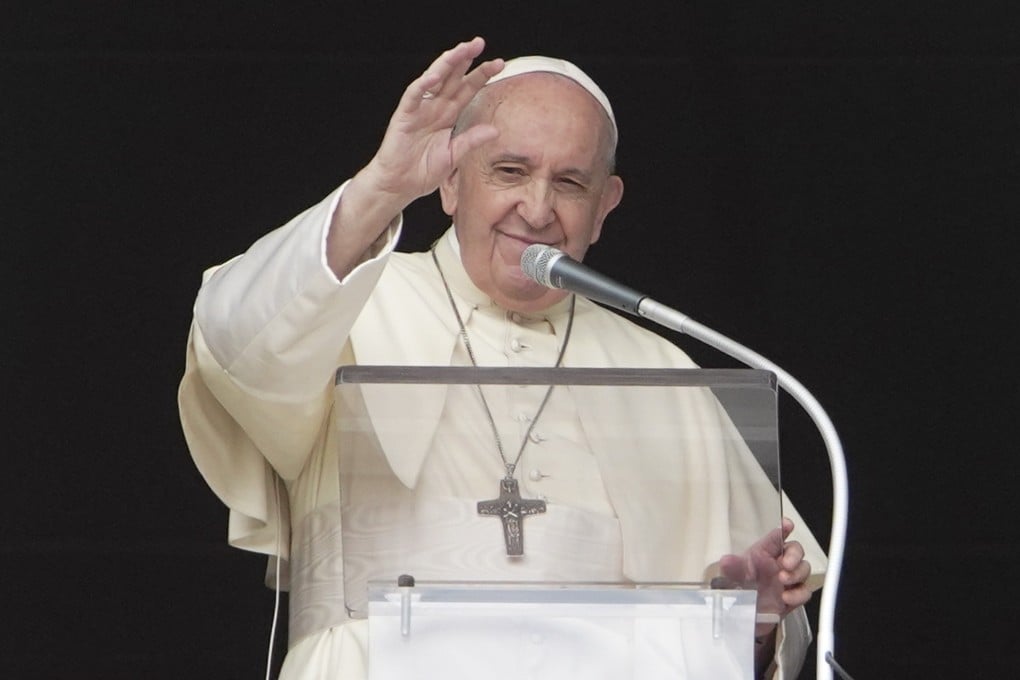Advertisement
Explainer | China’s deal with the Catholic church: ‘sell-out’ or pathway to better relations?
- Pope Francis has said he wants the landmark 2018 agreement on the appointment of bishops to continue despite accusations it betrayed those who stayed faithful to Rome
- China’s Catholics are currently divided between a state-sanctioned church and an underground one
Reading Time:3 minutes
Why you can trust SCMP

A 2018 agreement between China and the Vatican on the appointment of bishops will expire later this month, and while Pope Francis is eager to renew the pact Beijing has yet to publicly express its intentions.
The agreement was designed to end a schism among China’s 12 million Catholics, who are fairly evenly split between a so-called underground church that remains loyal to the Vatican and those who attend state-sanctioned churches.
China broke diplomatic ties with the Vatican in 1951, expelling missionaries, demolishing churches and jailing those who still looked to Rome for leadership.
Advertisement
Beijing then set up its own church, controlled by the Chinese Patriotic Catholic Association, and insisted it had the right to ordain bishops without papal approval.
At least seven bishops who were excommunicated for being ordained without the Vatican’s approval were readmitted to the fold as a gesture of reconciliation soon before the agreement was signed.
Advertisement
Advertisement
Select Voice
Select Speed
1.00x